The transition into the independence of college can be a struggle for many incoming freshmen. For Tulane University senior Alexis Clark, the adjustment to college life was difficult. She would spend the majority of her time either in class or in her room, and the lack of socialization started to take a toll on her mental health.
She needed an activity on campus that she could become involved with. As a Psychology major with a minor in Public Health, acting may seem like an unlikely choice, but she soon found her home in film-making. Clark recently sat down to talk with me about her many accomplishments and her goals for her future in the film industry.
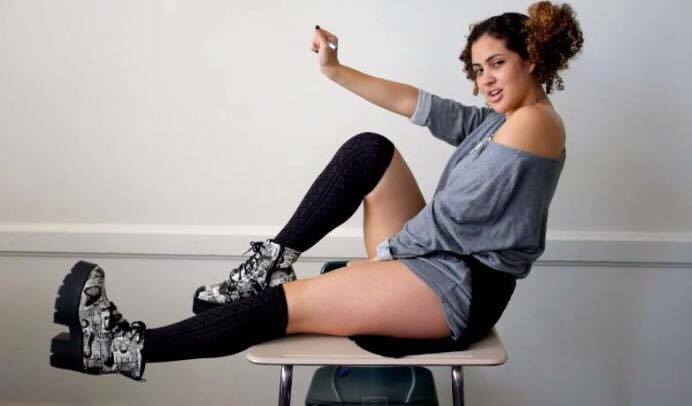
Kristian Porter: When did you first become interested in film? What was it that attracted you?
Alexis Clark: When I was around five, people always asked me what I wanted to be when I grew up, and my answer was always “a famous actress.” I was convinced I could be the next Disney Channel star. That dream eventually faded once I started reaching my teenage years, and I never really considered it (or any job related to the film industry) to be a career option.
During the second semester of my freshman year, my friends and I were joking about how college is a lot different than we thought it would be, and how there are so many things people never warned us about or gave us advice on (like how to navigate communal bathrooms properly). We came up with an idea to do a little web series where college students tell some of their experiences and give advice to incoming freshmen. The concept was very similar to that of “Girl Code,” so we ended up naming it “College Code.”
I went to the president of a student organization called TUBE, and they agreed to produce my web series. I ended up working on that for about two semesters and realized how much I was enjoying myself.
After that, I created another project, a music video to the song “Feeling Myself” by Nicki Minaj ft. Beyoncé, which won third place in the national College Media Awards for best viral video. Soon I started interning for a local production company called TuckerGurl, and I’ve been working there ever since.
I think I was attracted to film and digital media, not only because my five-year-old self was finally seeing her dreams come true, but because of the creative freedom it gave me. I could actually take the images and ideas from inside my jumbled-up brain and show them to people. Sometimes, I struggle with expressing myself to others, and often want to say, “I can show you better than I can tell you,” and film has allowed me to do just that.
KP: Speaking of TuckerGurl, how has that experience been for you?
AC: I have very much enjoyed working with TuckerGurl over the past two years. I feel I have gained valuable insight into the world of production. The founder and Emmy-nominated director, Angela Tucker, has inspired me in so many ways and really taken me under her wing.
I came in not knowing much and she was very patient with me, while also challenging me to learn, even if it was by trial and error. I’m grateful to have contributed to TuckerGurl’s projects, and I hope to continue doing so, in any capacity, no matter where my career takes me.
KP: You’re working on a new film with TuckerGurl, correct? Would you tell me a little about “Paper Chase” and your role in the project?
AC: Yes! “Paper Chase” is a feature length teen comedy and the first of its kind to have black women as the lead roles.
In short, it is about an ambitious young woman named Alicia who has just graduated from high school and found out that an unpaid balance could prevent her from attending the college of her dreams. In order to raise money, she, with the help of her best friend, Jamila, must rely on the community from which she has alienated herself.
This past summer, a production company, Gunpowder & Sky, optioned the film and is currently working with the writers, Lauren Domino and Angela Tucker, on pre-production. My role is currently not set in stone, but I will be working on the film in some capacity and I’m super excited about it!
KP: Has it been different working on a feature film than any of the project you’ve worked on in the past?
AC: Yes, it has been a much longer process than any other project I’ve worked on in the past. You definitely have to be patient and trust the process.
I’ve known about “Paper Chase” for almost two years now, and I’m getting a bit anxious for the production to begin. I can only imagine how Angela and Lauren feel, because they have been working on bringing this film to life for about four or five years.
I know they are ready to start filming, but, like I said, it’s a process, and, having worked on it for so long, I’m sure they want to make sure everything is in order so their vision can be effectively communicated.

KP: Out of all the projects you’ve worked on, what has been your favorite? What are some things you’ve created that you’re particularly proud of?
AC: I’m proud of a lot of my work. Not everything is perfect, but looking back on some of my first projects and being able to track my progress is very rewarding.
I’m writing a television series right now that nobody really knows about. It’s nothing official, but it’s challenging me creatively. Even if the project never comes to fruition, I’m proud that I’m pushing myself to grow as an artist and create things that I’m passionate about.
KP: I’ve seen you speak on intersectionality and representation. How does intersectionality influence your work? How do you feel about the current climate of the film industry?
AC: The concept of intersectionality has definitely influenced my work in terms of thinking more about identity and representation. I want to create work that speaks to many different experiences, and, although I only have my own experiences to definitively draw from, I am constantly listening to others tell their stories.
As much as I love storytelling through my own work, I also love listening to other people speak on what resonates with them. But, I do not simply want to tell people’s stories for them; rather, I want to collaborate with other creatives and work to develop something that is not only intersectional, but relatable to those who are too often under- and misrepresented in film and television.
It’s funny because a lot of people see Hollywood as very progressive, but, in all honesty, the film industry is not where it needs to be. Progress has been made, but there’s much more work to be done.
KP: Who are the biggest influences on your work? Do you have any creatives who have been a big inspiration to you?
AC: I’m constantly being inspired by black women in the entertainment industry. I look up to people like Ava DuVernay, Hannah Beachler and Octavia Butler.
KP: You’ve already accomplished so much, but what are your goals for the future? Where do you hope to see yourself in five or ten years?
AC: Ideally, I would love to see the television series I’m currently working on begin production in five or so years—that is definitely the dream. But, if that does not end up being the case, I see myself working as a writer, editor and/or possibly an actress. In ten years, I would like to still be creating new and exciting work that challenges the status quo.
KP: How do you manage your time between college and working with TuckerGurl? Do you ever find it difficult to juggle?
AC: Balancing school has been difficult at times, and the universe knows I have pulled countless all-nighters, but I somehow manage. I have a very supportive friend group which helps a lot. Most of us work as well as go to school, so we push each other to complete any task at hand, but also tell each other when it’s time to take a break.
KP: Finally, do you have any advice for your fellow college students, especially those looking to pursue a similar career path?
AC: In general, I would advise college students that it’s okay to not have it all figured out. It’s okay to make mistakes and give yourself space to grow. Even if it seems like everyone around you knows exactly what they want out of life, you shouldn’t feel pressured to do the same. It definitely won’t be easy, but take time to explore and don’t be afraid of change—especially within yourself.
In regards to people looking to pursue a career in film, I’m pretty new to the game myself so I don’t know the best answer.
From my experience, I think it is helpful to start small, and by that, I mean don’t stress too much about getting a job with Universal or Paramount, especially if it’s your first job. Start with a smaller production company and learn the ropes. Oftentimes, big time companies just see you as another body, and you may get stuck as an errand runner, but, in my opinion, with smaller businesses, your contributions are more valued. This allows you to gain more hands-on experience and better prepares you for higher up positions.


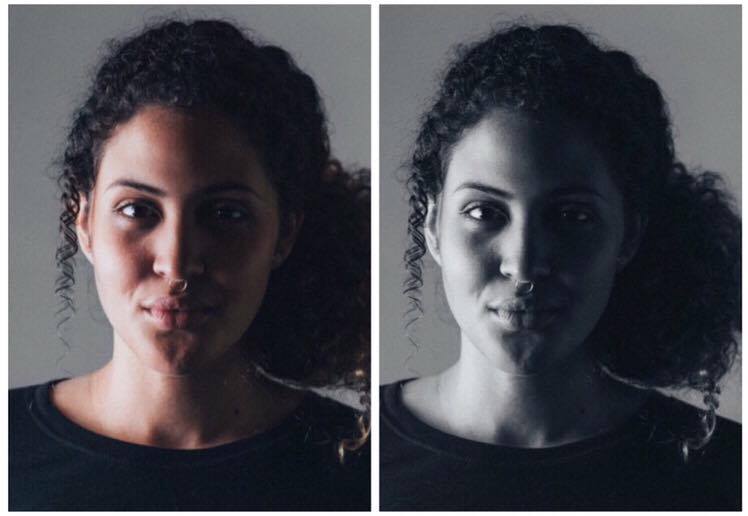

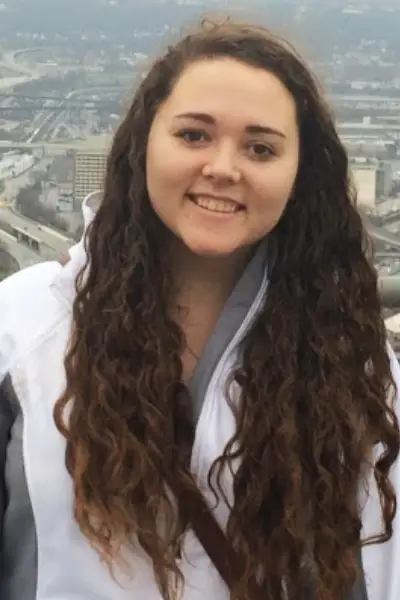


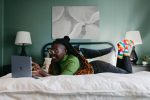
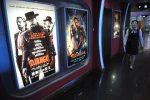









[…] Read the full article from the Source… […]
[…] stages of college, as this will help you to counter that. Try to incorporate a lot of fruits and https://studybreaks.com/2017/02/26/alexis-clark/ into your […]